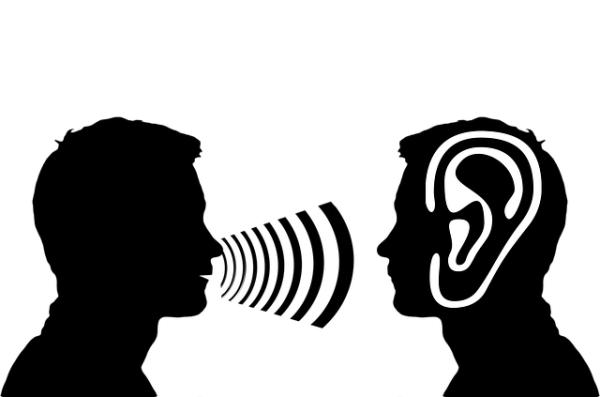Physicians, according to a new study, exemplify that quotation from Gertrude Stein, interrupting their patients within the first 11 seconds of their visit, not allowing them a chance to share a patient-centered goal, “their agenda.” I was prepared to say this was not an issue but when my wife began to tell me about the news, I interrupted her within six seconds to say that I already knew about the findings.
The study is interesting, but perhaps not ready for prime time. It is an analysis of secondary data taken from research on the use of shared decision-making tools to improve patient visits. The term “analysis of secondary data” is a clue that once again the “dwarves” have entered the data mine looking for informational nuggets. The researchers advocate patient-centered care, including the patient, perceived needs, and desires, in determining care. Disagreeing with patient-centered care is oxymoronic, like being against ice cream (bad example, because it is not vegan and contains fat) or fresh air (better example).
When I trained, deep in the last century, we were taught to open with some snappy line like, “Why are you here today?” – but that implies you have no idea why they are in the office. Or you might open with “How can I help you,” although this sounds akin to a person that would follow that opening with, “Fries with that?” No matter what the opening ploy, the idea was to get a handle on the patient’s concern, what we termed a patient’s “present illness.” The term the researchers employed for the opening remarks by the patient was, patient agenda, described in the paper in the following manner:
“Agenda setting is a conversational strategy that allows clinicians and patients to negotiate and collaborate to clarify the concerns and expectations of both parties.”
They reported on 112 recorded visits, looking to see how frequently the patient presented their needs, concerns, and expectations. For a sense of their sample size, the health system has 900 million visits annually. Patients expressed “their agenda” 36% of the time during their visit; primary care physicians elicited their concerns 50% of the time, specialists asked patients that “why are you here” type of question only 20% of the time. While the data is a bit unclear, it seems that if the physicians didn’t ask their concerns, patients did not express them. As it turned out, eliciting a patient’s agenda was simply a conversational courtesy. Primary care physicians interrupted the patient’s response 50% of the time, specialists 80% of the time. And it did not take long for physicians to interrupt, eleven seconds.
How we interrupted is perhaps equally telling, 30% of the time our interruptions were what I would term a conversational nod [1], 60% of the time we asked a question that narrowed the patient’s focus. Less frequently the interruption asked for elaboration by the patient or by the physician restating the patient’s concern, a means of making sure we understood their statement – a technique called readback which assures that communication is consistent between the two parties.
The authors sought an explanation for these findings in something other than physician’s being rude and patient’s unwilling to speak on their behalf without prompting. They cited time constraints, physician burnout (evidenced by their impatience?) and limited education about patient’s communication skills. All are fair considerations, and with the shift away from paternalistic care to more patient-responsible [2] care physicians and patients need to learn their new roles. But this paper does not further the conversation, and its use as a headline or clickbait erodes trust in medical care.
[1] The paper defines this as a “non-interrogative utterance that pertains to a previous statement.” Like “OK,” or “Yes.”
[2] Patient care is always patient-centric, who else are we caring for? The shift for patients is that they are now required to have explicit desires and needs beyond “feeling better” a role that physicians mistakenly assumed in a more hierarchal, paternalistic time. It is far easier for a physician to ask a patient their preferences than for a patient to have enough information and foresight to have explicit choices for a health problem they have never encountered.
Source: Eliciting the Patient’s Agenda- Secondary Analysis of Recorded Clinical Encounters Journal of General Internal Medicine DOI: 10.1007/s11606-018-4540-5




